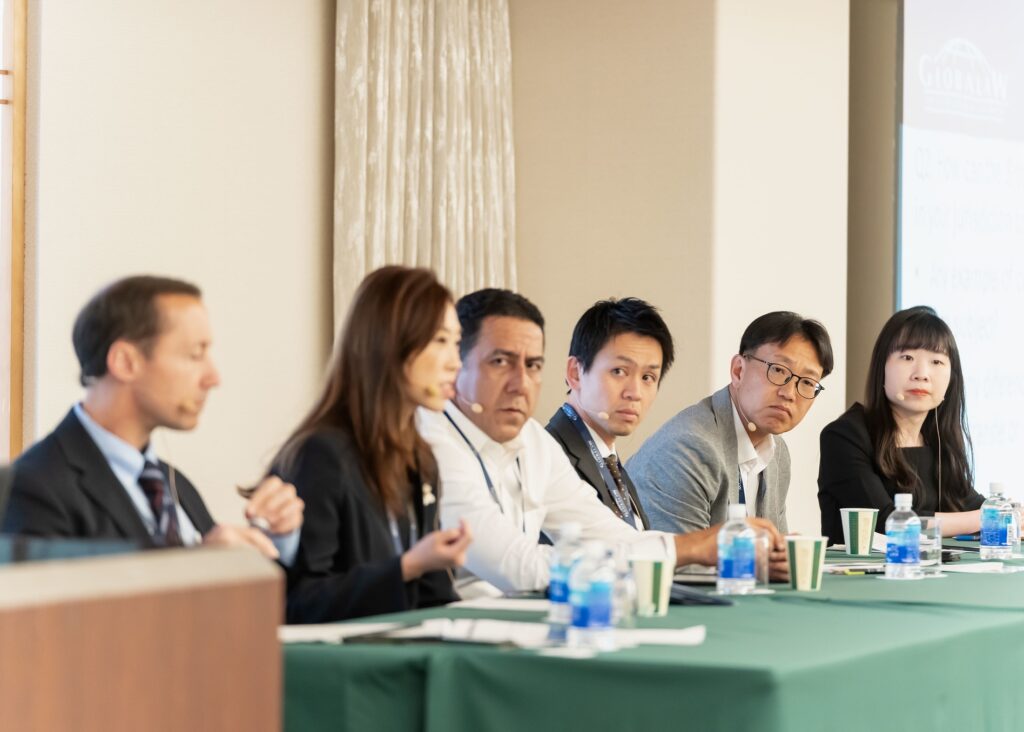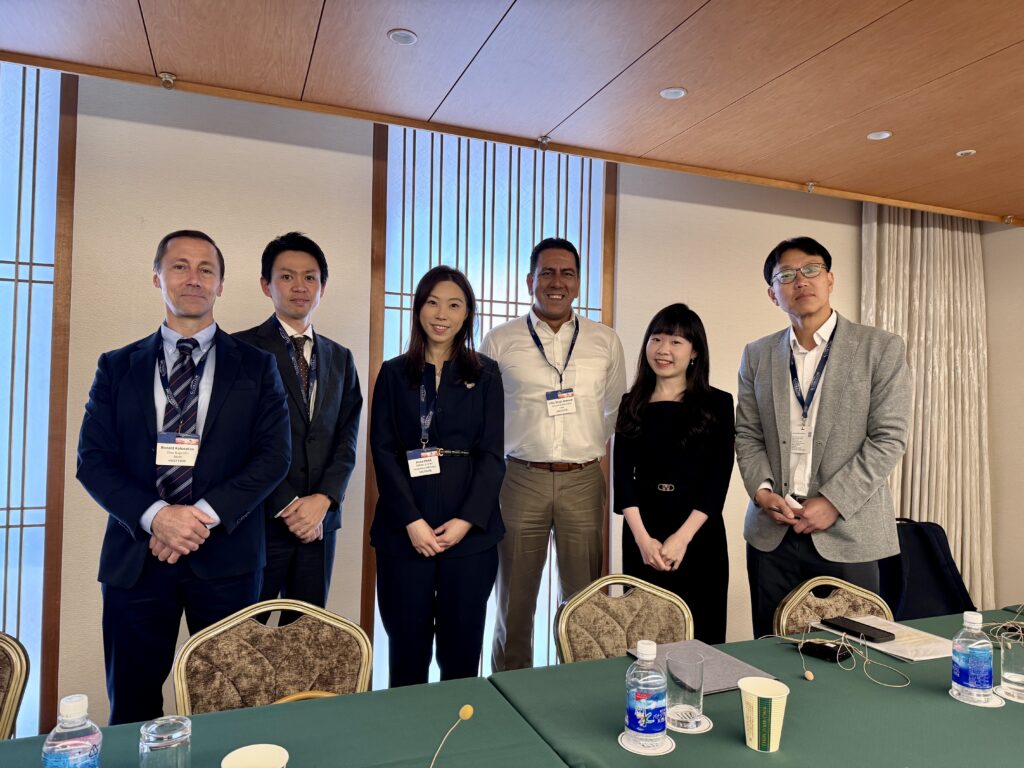Something must have gone wrong before parties commence civil litigation, whether the problem arises from breach of contract, unpaid invoices, or differing interpretations of terms of the contract. As civil litigation is costly, time-consuming, unpredictable, and at times excruciating for the parties’ peace of mind, it is not uncommon for parties to compromise and settle the civil dispute midway in the litigation proceedings.
After years of advising and settling civil disputes, this series hope to shed light on the dos and don’ts for parties when they enter into settlement negotiations, and when they eventually sign and execute the settlement agreement.
When parties are in a dispute actively considering for settlement, mediation stands out as a viable and pragmatic process to resolve conflicts while reducing the burdens of prolonged litigation.
Mediation
Mediation is a structured process in which one or more impartial individuals, without adjudicating a dispute or any aspect of it, assist the parties in identifying the issues in dispute, exploring and generating options, communicating with one another and reaching an agreement regarding the resolution of the dispute[1].
Benefits of Mediation
- Without prejudice privilege
As codified under section 9 of the Mediation Ordinance (Cap. 620), a mediation communication may be admitted in evidence in any proceedings (including judicial, arbitral, administrative or disciplinary proceedings) only with leave of the Court or tribunal.
The without prejudice privilege allows parties to negotiate freely without fear that their discussions can be used against them in court, encouraging open and honest dialogue.
- Confidentiality
The process of mediation is strictly confidential.
As provided under section 8 of the Mediation Ordinance (Cap. 620), a person must not disclose a mediation communication, except for limited exceptions (e.g. consent of all relevant parties, content of mediation communication is already in the public domain, or disclosure is required by law).
The confidential nature of the mediation ensures that sensitive details remain private, protects the emotional well-being and prevent the public exposure often seen in trials. Confidentiality also affords parties a safety net to frankly disclose their concerns and objectives of the settlement proposal.
- Impartiality of the mediator
The mediator must be impartial and conflict-free. The impartiality of the mediator ensures that all parties would be treated fairly, thereby encouraging honest and open dialogue in the process. The mediator will also actively manage the process, such that the more vulnerable party would not be undermined by the stronger party.
- Expertise of the mediator
As parties have the flexibility to decide who to appoint as mediator, mediation offers a distinct advantage by allowing parties to select an industry expert as the mediator, ensuring the facilitator has specialized knowledge relevant to the dispute.
This expertise enables the mediator to better understand the technical or sector-specific issues at play, fostering more informed discussions and credible solutions that resonate with both sides. For instance, in a construction dispute, a mediator with engineering experience can grasp the nuances of project delays or defects, helping parties navigate complex claims more effectively. By choosing a mediator with the required industry insight, parties can achieve a more tailored and efficient resolution, making mediation a highly beneficial option for settlement.
- Costs and time involved
Costs involved in the mediation process are significantly lower than litigation, addressing financial strain and opportunity costs of scarce resources, making mediation a practical choice halfway through a costly legal battle. Uncertainties and risks of litigation could also be managed.
Conclusion
Mediation should be seriously considered for dispute resolution due to its compelling advantages, including the without prejudice privilege that encourages open negotiation without legal repercussions, confidentiality that safeguards sensitive information from public exposure, the impartiality of the mediator that ensures a fair process, the expertise of the mediator that brings specialized insight to complex issues, and the reduced costs that alleviate financial strain. These benefits collectively provide a practical and humane alternative to litigation, making mediation an effective pathway to settlement that preserves relationships, optimizes resources, and promotes fair outcomes.
Should you have any enquiries regarding civil litigation and commercial agreements, please contact our firm.
Disclaimer: This article is for reference only. Nothing herein shall be construed as Hong Kong legal advice or any legal advice for that matter to any person. Oldham, Li & Nie shall not be held liable for any loss and/or damage incurred by any person acting as a result of the materials contained in this article.
[1] Department of Justice. “Mediate First for a Win-Win Solution”
 香港中环雪厂街二号圣佐治大厦五楼503室
香港中环雪厂街二号圣佐治大厦五楼503室 +852 2868 0696
+852 2868 0696









